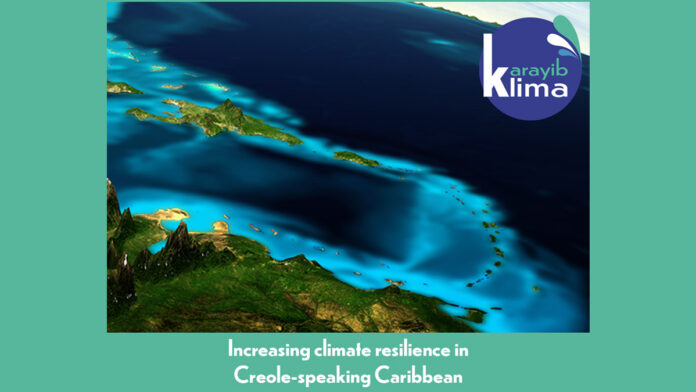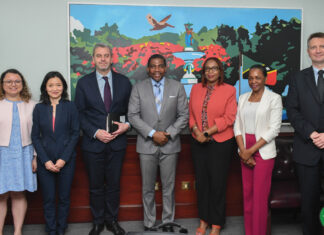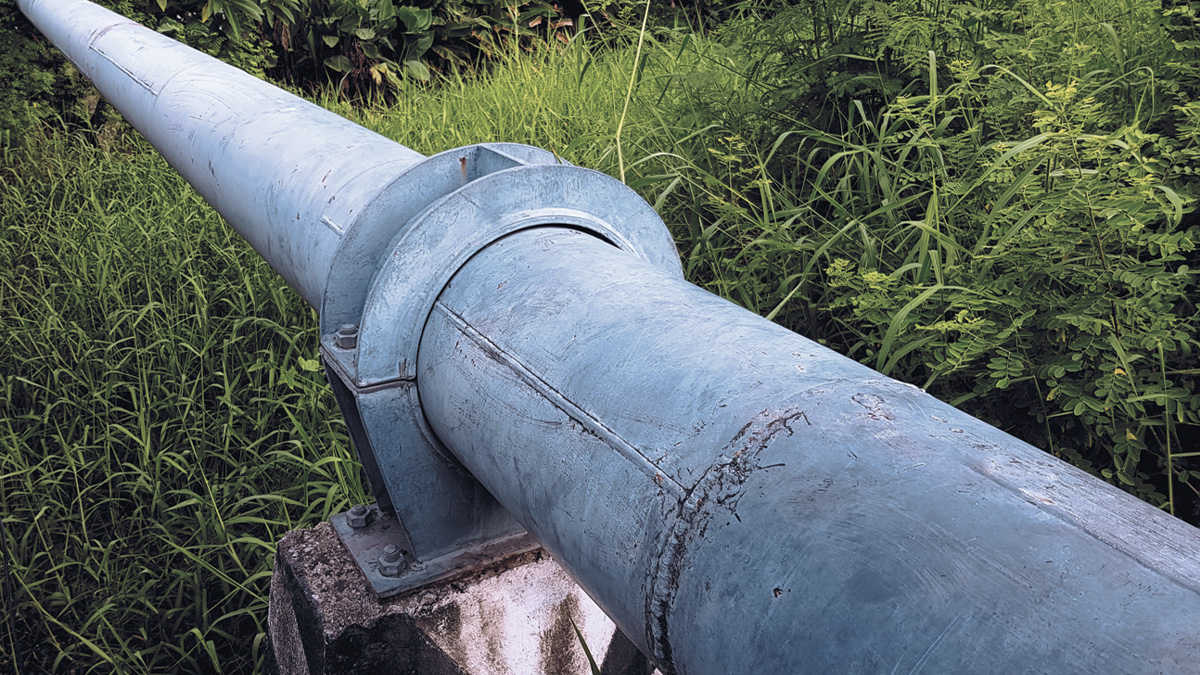Karayib Klima: 13 Inter-regional Projects to increase Climate Resilience in the Caribbean
Karayib Klima has awarded thirteen grants to inter-island coalitions of civil society organisations for the implementation of climate resilience projects in the Creole-speaking Caribbean (including Dominica, Grenada, Guadeloupe, Haiti, Martinique, Saint Lucia and Saint Martin). The thirteen selected projects will be granted an average of 40,000 Euros each to carry out a field action or an awareness campaign to increase climate resilience in the region.
Adapting to the consequences of climate change is a major challenge for the region. which is the reason why the Karayib Klima was created; a unique and innovative programme based on the conviction that co-operation between civil society organisations in the Caribbean is essential to find relevant, local, and adequate solutions.
Designed and implemented by Unite-Caribbean, a consultancy firm based in Guadeloupe, and funded by the French Ministry for Europe & Foreign Affairs, ADEME and the ‘Fondation de France’, the strength of the Karayib Klima is to develop and fund multi-country programmes that make a difference and will have a lasting regional impact. According to Damien Bauchau, co-founder of Unite Caribbean and Director of the Karayib Klima programme: “this important initiative brings to light a wide array of beautiful projects that are as innovative as they are sustainable”.
The selected projects fall into two categories. The first brings together innovative activities to experiment technical solutions in areas like restoration of coral reefs, agro-ecology, rainwater harvesting, the creation of sustainable circuits and increasing food safety and security. The “Haïtukubuli” project, for example carried by associations from Dominica and Haiti has the dual objective of promoting the use of resilient traditional species and agroforestry while providing a source of additional income to communities through eco-tourism. The second category includes advocacy or awareness raising projects on climate resilience aimed at young people, the private sector, or the general public. For example, the objective of the “Marine Junior Rangers” project (Haiti / Grenada) is to train young people from remote rural areas in the environment and marine biodiversity and to sensitise their communities to issues of climate resilience. Pascal Hajaali, responsible for co-operation at the French Embassy in Haiti, said “Through co-operation, the entire Caribbean can benefit from sustainable adaptation solutions that will enable us to cope with the consequences of climate change.”
The pooling of knowledge and resources via Karayib Klima is a necessity of which civil society organisations are particularly aware. Being able to exchange, pool, passing on our knowledge with other countries in the region is an added value that will allow the Caribbean to move forward and to become more climate resilient.





